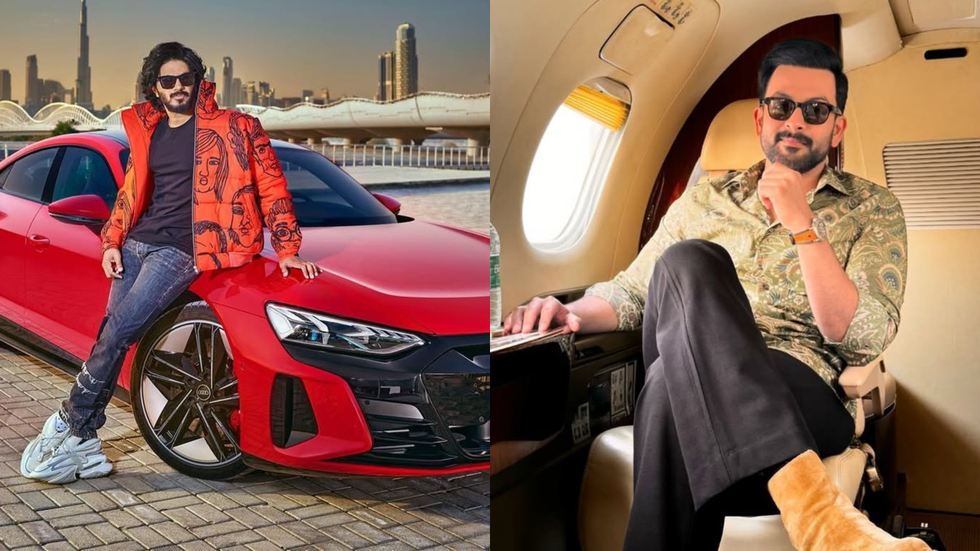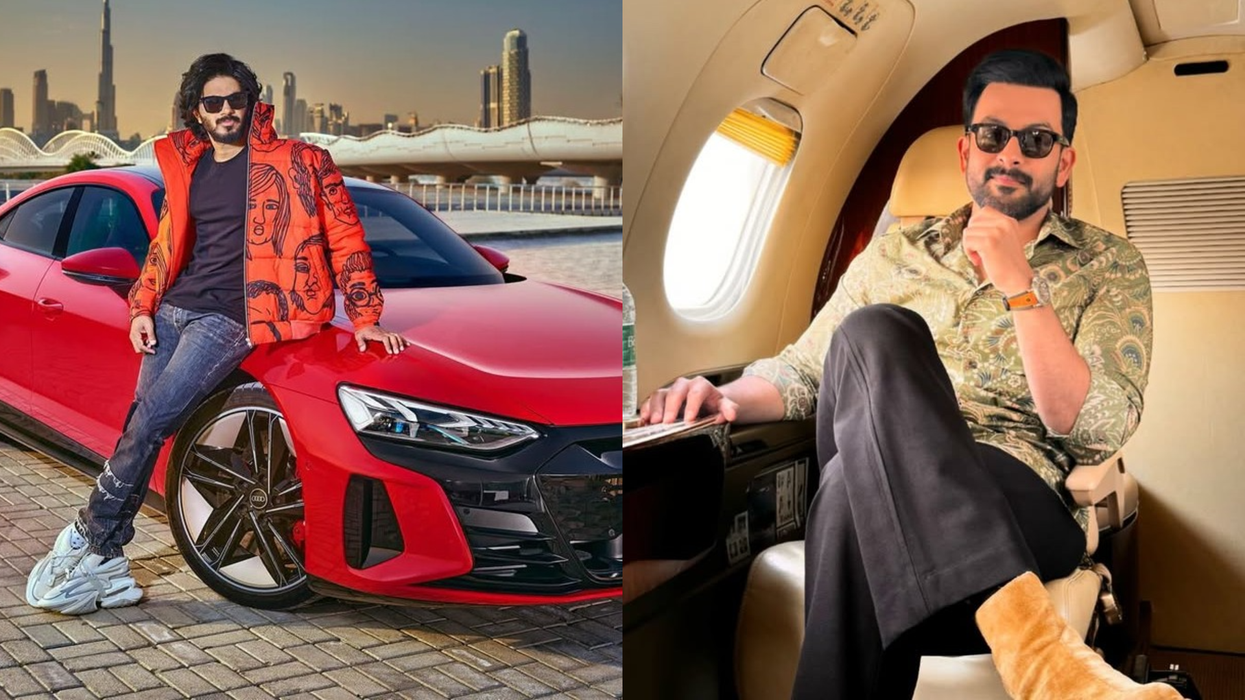Highlights:
- Customs officials conducted searches at properties linked to actors Dulquer Salmaan and Prithviraj Sukumaran.
- The raids are part of ‘Operation Numkhor’, targeting high-end vehicles illegally imported from Bhutan.
- Over 100 luxury SUVs are suspected of being smuggled into Kerala using fraudulent registration documents.
- Authorities state the actors are cooperating and that documents are currently under examination.
Homes belonging to Malayalam cinema stars Dulquer Salmaan and Prithviraj Sukumaran were among nearly 30 locations raided by customs officials in Kerala on Tuesday. The investigation, called ‘Operation Numkhor’, is a crackdown on an alleged racket involving the illegal import of luxury vehicles. The searches are part of an ongoing investigation into a massive luxury car smuggling racket, which authorities believe has been operating for years, bringing expensive vehicles from Bhutan into India to dodge exorbitant import taxes. It is, in fact, a complicated network spanning borders, and the involvement of such big names has certainly raised eyebrows, giving the whole investigation an unexpected angle.

What is Operation Numkhor all about?
So, what’s the big picture here? ‘Numkhor’ apparently means ‘vehicle’ in Dzongkha, the language of Bhutan, which is pretty central to the whole affair. The Customs Preventive Commissionerate is investigating a scheme where high-value vehicles, often former Bhutan Army models like Land Rovers and Toyota Prados, are auctioned off in Bhutan. The allegation is that these are then smuggled into India, avoiding hefty import taxes that can sometimes double a car’s price.
They’re not coming in through the front door, so to speak. The method involves using completely fake addresses and registration papers, often from states like Himachal Pradesh, to make the cars look legit before they are sold on to buyers in Kerala. It’s a complex web, and the customs raid is trying to untangle it.
Why were Dulquer Salmaan and Prithviraj Sukumaran named?
This is the bit everyone’s talking about, obviously. It’s not that the actors are directly accused of running the racket, far from it. Officials have been clear that the focus is on verifying the ownership and import documentation of specific vehicles found at their premises. In Kochi, documents related to Dulquer Salmaan's cars were examined. For Prithviraj Sukumaran, officials visited his properties in Thevara and Thiruvananthapuram.
The whole point of the customs raid is to trace the chain of ownership right back to the point of import. The question isn't necessarily about the actors knowingly doing anything wrong; it's about establishing whether the cars they possess came through this illegal pipeline. Were they just customers who bought a fancy SUV from a dealer who seemed legitimate? That’s what the investigation aims to find out.
What happens next in the investigation?
Right now, it’s all about the paperwork. Customs officials are scouring through registration documents, sales receipts, and import records seized from the various raided locations, which also included car dealerships and business premises. They’ve flagged around 15 specific violations already, but with over 100 vehicles under the scanner, this is going to take time. The next steps involve forensic accounting and tracing the money trail. They’ll be looking at the dealers and middlemen who facilitated these deals.
For now, both Dulquer and Prithviraj are reported to be cooperating fully. Neither has made a public statement yet, which is probably on advice from their legal teams until the situation becomes clearer.
How does this smuggling racket actually work?
It’s surprisingly bold. The system exploits the fact that certain vehicles in Bhutan can be sold at auction without the same export restrictions. These cars, often high-spec SUVs perfectly suited for Indian roads, are bought for a very low price. Then comes the tricky part: getting them into India without paying customs duty, which can be as high as 100% of the vehicle's value.
The cars are allegedly moved across the border, sometimes disguised in containers, and then registered in Indian states known for less stringent verification processes. Using forged documents, they’re given a clean, pre-owned identity. After a quick makeover, they’re sold on the market for a massive profit, still undercutting the price of a legally imported model. It’s a lucrative business, until a customs raid like this one blows the lid off.





